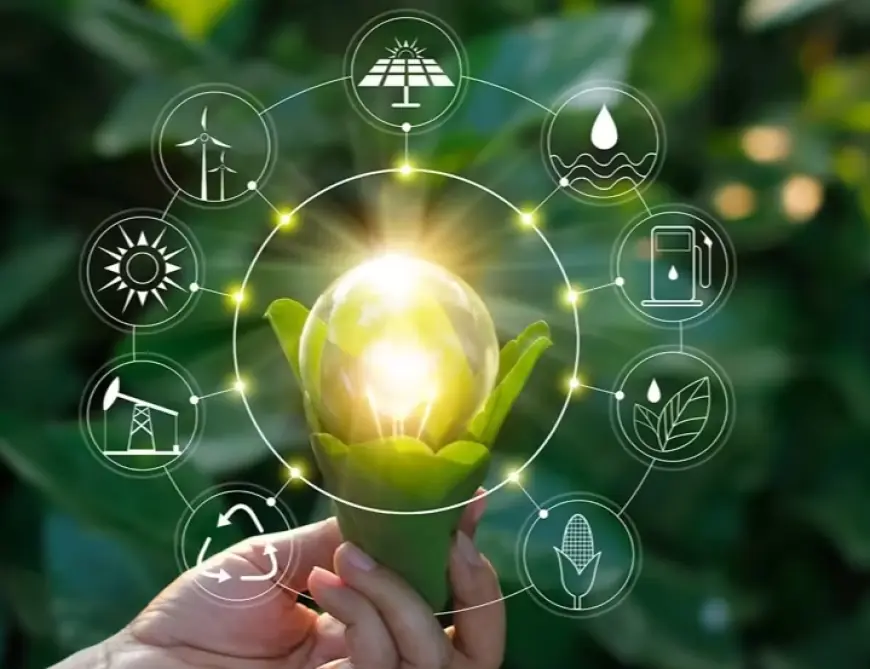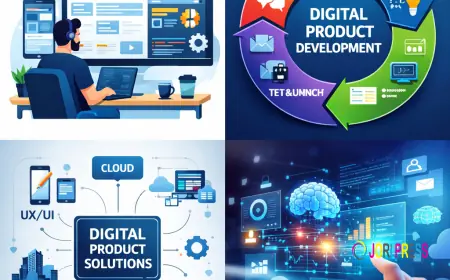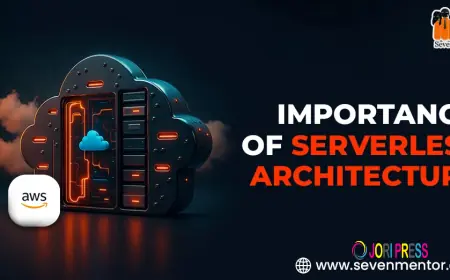How Can Blockchain Be Used to Support Sustainable Business Practices in 2025

In 2025, businesses face mounting pressure to demonstrate sustainability across operations. Blockchain is moving beyond hype into practical deployment as a tool to support sustainable business practices. For companies seeking Blockchain development Services or the Best Blockchain Development Company, understanding how blockchain enables measurable environmental impact is critical. This post examines real-world implementation and factual data in medium-length paragraphs under clear heading structure.
Market context
Blockchain adoption continues to scale. In 2025, over 560 million people worldwide use blockchain technology, representing about 3.9 % of global population. The global market for blockchain technology was valued at USD 20.16 billion in 2024 and is projected to reach USD 31.18 billion in 2025, growing at a compound annual growth rate around 43.6 %. Nearly 90 % of businesses surveyed report deploying blockchain in some capacity, and more than half (53 %) use it to improve supply chains. These trends set the stage for blockchain’s role in sustainability.
Transparency and traceability in supply chains
Blockchain provides immutable, verifiable records that help companies trace product journey from origin to consumer. This transparency supports claims about responsible sourcing, emissions, and resource use. In 2025 many consumer goods and manufacturing firms are actively using blockchain to track materials and shipments.
One case involves digital product passports mandated under EU regulations (ESPR). Luxury brands in a consortium have registered over 40 million items on a private blockchain to ensure provenance and reduce counterfeit trade . Another involves an agriculture supply-chain platform that tokenizes cotton production data from smallholder farmers. That data remains verifiable and is usable by brands or NGOs, enabling direct incentives for sustainable farming.
Waste management and circular economy
Global waste generation is rising, with estimates around 2.2 billion tonnes by 2025. Businesses need systems for tracking waste streams, verifying recyclers, and rewarding responsible handling. Blockchain integrated with IoT and smart contracts can automate tracking from collection through recycling stages.
Real implementations include waste management pilots where blockchain records volumes, routes, and recycling outcomes. Token rewards are issued to participants who meet recycling targets. Immutable records help avoid fraud and provide accountability to regulators and communities. This contributes to circular economy models by ensuring materials are recycled and reused rather than landfilled.
Carbon credits and emissions tracking
Blockchain is helping standardize and verify carbon credits. A startup in Europe raised $5.5 million in 2024 to issue carbon removal tokens, each representing a tonne of sequestered CO₂ with full traceability. By 2050 global carbon removal needs are estimated at 6–16 billion tonnes annually. Blockchain-backed tokens ensure credits cannot be duplicated or altered.
Blockchain platforms for carbon credit trading also simplify SME participation. Smart contracts automate issuance, verification, and trading, reducing administrative costs and preventing greenwashing.
Corporations using blockchain can monitor real-time energy use, emissions and resource use via connected sensors. Immutable records feed into ESG reporting systems. Studies of around 81 public companies found that blockchain adoption correlates positively with improvements in resource use and emissions performance, particularly when paired with profitability and financial leverage.
Environmental compliance and regulation
Industries such as maritime are subject to strict emissions and pollution standards. A 2025 proof-of-concept framework uses blockchain, IoT sensors, and smart contracts to monitor MARPOL compliance in real time. Data is stored immutably and violations trigger automatic alerts and actions. This reduces reliance on manual reporting and improves regulatory enforcement.
Procurement efficiency and anti‑fraud
Large corporations can streamline contract processes using blockchain. For example, a global electronics company managing contracts with thousands of suppliers implemented blockchain‑based procurement to minimize document handling, reduce duplication, and prevent fraud. Transactions become faster and audit‑ready, reducing paper use and enabling sustainable sourcing.
ESG reporting and investor trust
Environmental, social and governance initiatives often rely on self‑reported data. Blockchain offers a mechanism to lock in impact metrics—energy consumption, social contributions, governance transparency—in a way that cannot be altered. Investors gain confidence. Platforms enable real‑time dashboards that stakeholders can review without second‑party certification. That helps eliminate greenwashing and aligns corporate practice with claims.
Practical considerations for businesses
Companies seeking Blockchain development Services or aiming to partner with the Best Blockchain Development Company must consider:
Chain selection and consensus:
Proof‑of‑stake chains significantly reduce energy consumption compared to older proof‑of‑work models.
Governance models:
To avoid conflicts of interest, data entry and verification should involve independent auditors or third parties, not just self‑certified consortiums.
Integration with IoT and AI:
For applications like emissions tracking or waste logistics, blockchain works best when connected to IoT sensors and smart contracts for automation.
Tokenization and incentives:
Carbon credits, recycling rewards, and traceable digital assets can incentivize stakeholders in the ecosystem.
Scalability and cost:
Enterprise blockchain platforms must handle thousands of transactions per second while keeping fees low and system latency minimal.
Reporting alignment:
Blockchain metrics should map to ESG frameworks like TCFD reporting or EU sustainability directives to be investment‑grade.
Choosing the right partner
When evaluating Blockchain development Services or the Best Blockchain Development Company, businesses should prioritize providers that:
-
Offer experience in integrating blockchain with IoT, smart contracts, and ESG metrics monitoring.
-
Demonstrate knowledge of energy‑efficient chains and sustainability‑oriented protocols.
-
Support governance frameworks that include third‑party verification and transparent audit trails.
-
Have delivered solutions in supply‑chain traceability, carbon credit verification, waste tracking or emissions monitoring.
Evaluating candidate firms through these lenses ensures blockchain deployments actually support sustainability, rather than just add technology.
Future outlook
The blockchain market is expected to grow exponentially. Forecasts project a rise from over USD 31 billion in 2025 to as high as USD 393 billion by 2032. Analysts predict up to 10 % of global GDP could be stored on blockchains by 2025 through tokenization and digital representation of real‑world assets . As adoption increases, sustainability use cases—from circular economics to verified carbon markets—will become mainstream in many industries.
Conclusion
By mid‑2025, blockchain is transitioning from experimental to essential for supporting sustainable business practices. Use cases in traceable supply chains, waste management, carbon credit verification, emissions monitoring, and procurement demonstrate measurable impact. Metrics show blockchain adoption improves resource usage and emissions performance for public companies . Entrepreneurs and enterprises that invest in Blockchain development Services through the Best Blockchain Development Company gain genuine transparency, efficiency, and accountability.
Blockchains give companies the tools to move from claims to evidence, from intention to action. With scalable platforms, real‑time data, and automated compliance, blockchain supports business transformation grounded in sustainability.
What's Your Reaction?
 Like
0
Like
0
 Dislike
0
Dislike
0
 Love
0
Love
0
 Funny
0
Funny
0
 Angry
0
Angry
0
 Sad
0
Sad
0
 Wow
0
Wow
0




















































